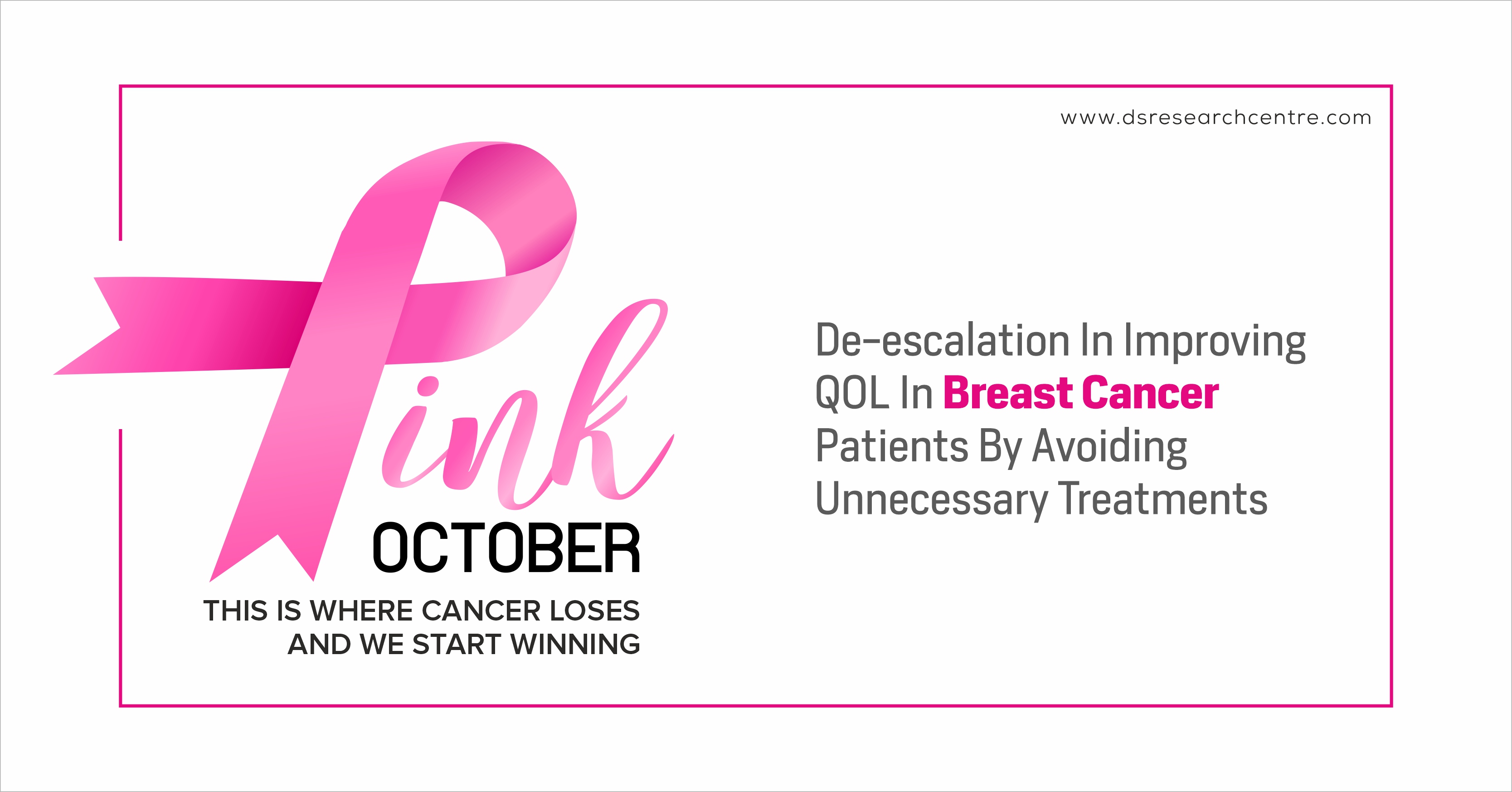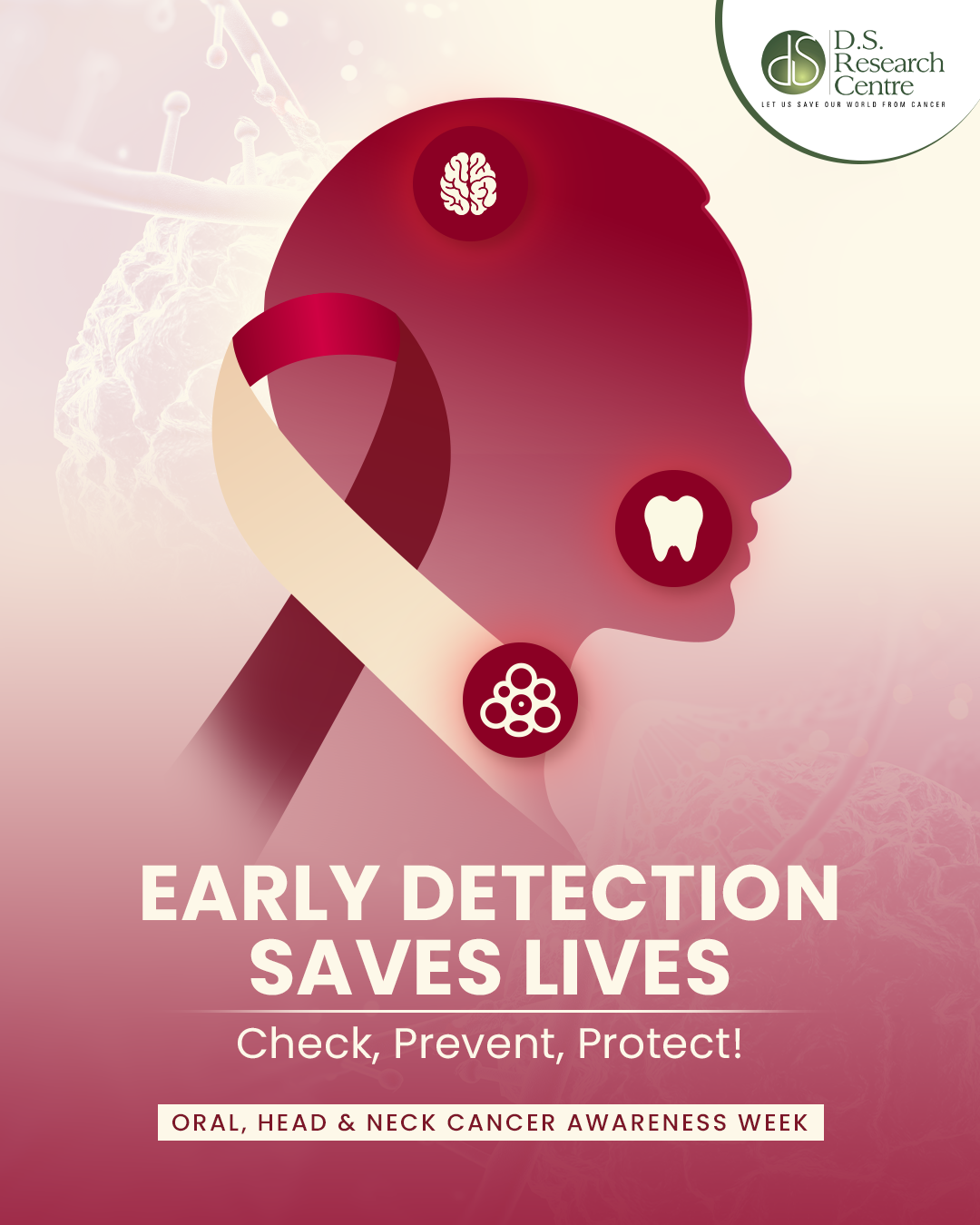Breast Cancer commands the highest rate of occurrence, of any cancer, amongst women in India. Screening for Breast Cancer is primarily concerned with early detection to enhance the possibility of successful treatment, and reduce the number of fatalities resulting from the disease. In the present scenario, where technological advancements are concurrently accompanied by rising concerns regarding under-diagnoses and even improper diagnosis, screening for Breast Cancer often leads to contradictory recommendations about which people to screen, when, and how often. Over-diagnosis and over-treatment have emerged as common outcomes of Breast Cancer screening. This has led researchers to reexamine the benefits and viability of screening for Cancers.
HOW CAN WE IMPROVE QUALITY OF LIFE IN BREAST CANCER PATIENTS?
The onset of breast cancer in women is usually accompanied by intense depression, anxiety, and hopelessness. The patients timidly hope for the desired answer - Treatment and Cure. The patient and her family should be informed, by the treating doctor, about the treatment options, the impact of the surgical modalities, complications, and pros and cons of the treatment plan which affect the QOL based on the patient’s social, demographic, and clinical characteristics. Quality of life, especially in Breast Cancer patients, is the perception of their own physical, mental, and social health that gets affected by diagnosis, treatment, post-treatment, and survival. Various independent factors - age, the severity of the disease, immunity, socioeconomic status, mental health, family support, life style, etc. - exert a huge impact on the quality of life of the patients, during and even after treatment. The most common complications arising from the treatment modalities pertain to fatigue, insomnia, digestive disturbances, cognitive dysfunction, and reproductive and menopausal symptoms which affect the quality of life of cancer survivors. Practicing simple and effective interventions, during and after cancer treatments, are found to be effective in improving quality of life, thereby enhancing good physical and mental health. Such interventions include eating well - a healthy balanced diet which is important for holistic wellness, physical activity, psycho-social interventions, exercise, staying happy and active, reducing anxiety and depression, doing yoga, meditation, and the like.
HOW TO AVOID UNNECESSARY TREATMENTS FOR CANCER?
Researchers advise adopting personalized screening schedules, based on the individual risk category, to help reduce the risk of over-diagnosis. The team of physicians should also educate and encourage women, at higher risks of contracting Breast Cancer, about following proper interventions and preventive measures. The risk of over-treatment can also be addressed by targeted treatments for patients at higher risk of disease progression due to the severity of disease, and other associated factors. This can help avoid the “one size fits all” care that over-treats the low-risk patients. Another way to minimize harm from over-treatment is to avoid aggressive and potentially harmful treatments for patients with limited life expectancy, and minimal scope of benefit. It is also important to educate patients and provide balanced information about both harms and benefits of the treatment procedure. This would allow patients to make decisions about screening, diagnostic testing, and treatment in accordance with their personal values and preferences. Cancer patients are exposed to harmful radiation during the diagnosis and treatment process. This, in turn, can serve as the cause for secondary cancers, and adversely affect the immunity and general health of patients. Consequently, the desired aim of the treatment might be hampered. Awareness is a crucial factor that influences the treatment decision for cancer patients. Instead of ascribing to multiple, obscure treatment plans, follow the advice of qualified doctors who can help positively influence the treatment and recovery process. Timely diagnosis - right from screening, to identification and starting treatment - should be done. The diagnosis should be prioritized, and all delays treatment process must be avoided. Do not opt for unnecessary, often misdirected, investigations out of anxiety. Comprehensive treatment and care for Breast Cancer treatment should be provided. This includes access to surgery, chemotherapy, radiotherapy, rehabilitation support, and palliative care to reduce pain and discomfort. During the entire process of the treatment, patient immunity should be maintained, and possibly improved, to reduce the risk of cancer spreading further, and also to enhance the quality of life for the patient.
CHOOSE THE RIGHT TREATMENT AT THE RIGHT TIME.








Posted on April 15, 2016
Posted on April 15, 2016